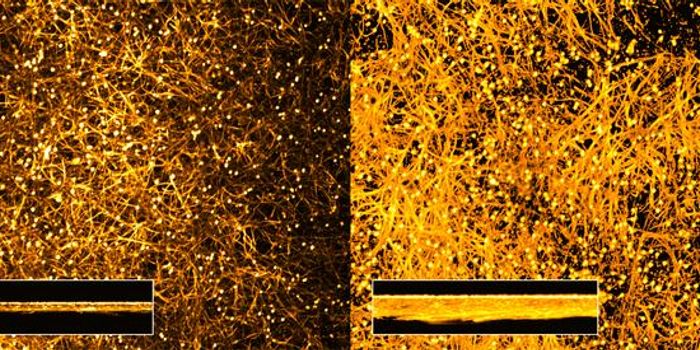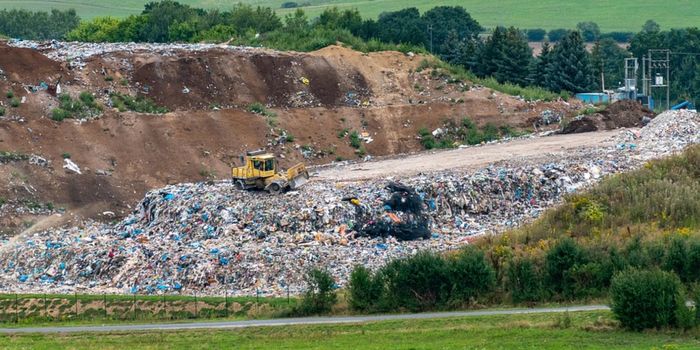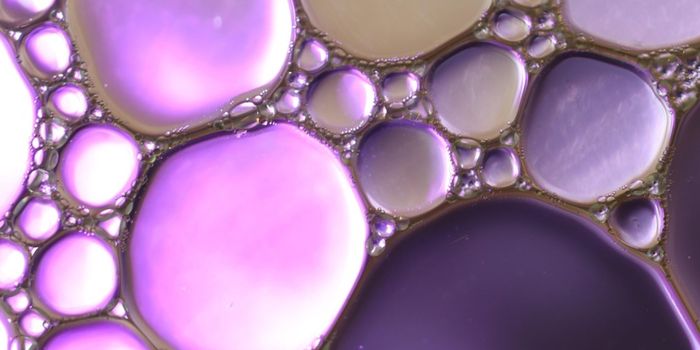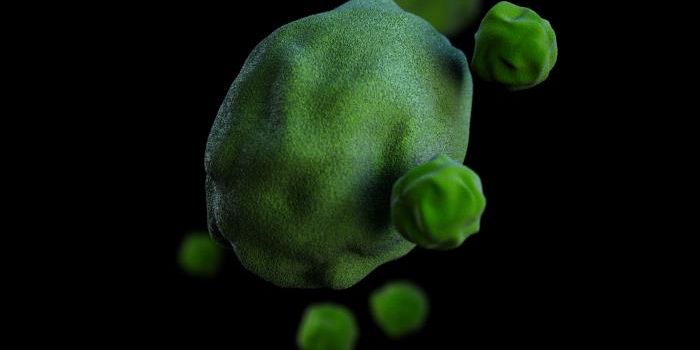Photosynthesis Began far Earlier Than Thought
While unclear, it has been thought that photosynthetic organisms evolved around 2 billion years ago. New research has suggested it was actually far earlier. Ancient microorganisms might have begun to produce oxygen about 3.6 billion years ago, reported a scientist from Imperial College London, in the journal Heliyon.
The author believes this study may help to solve the mystery of when life on earth first had access to oxygen. It may also mean that the microbes we thought were the first to start photosynthesis, cyanobacteria, may have to yield that distinction to some other, simpler organism that preceded it.
"My results mean that the process that sustains almost all life on earth today may have been doing so for a lot longer than we think," said the author of the work, Dr. Tanai Cardona. "It may have been that the early availability of oxygen was what allowed microbes to diversify and dominate the world for billions of years; what allowed microbes to escape the cradle where life arose and conquer every corner of this world, more than 3 billion years ago."
You can learn more about photosynthesis from the video. In that process, which is essential to create an oxygen supply for our planet, compounds are broken down by light energy. In oxygenic photosynthesis, water is split, and oxygen, protons, and electrons are released. In anoxygenic photosynthesis, other kinds of molecules are broken down, such as hydrogen sulfide or iron, and no oxygen is produced. It had been thought that anoxygenic photosynthesis was older; the atmosphere on earth only built up oxygen around 2.4 to 3 billion years ago. However, this work indicates that oxygenic photosynthesis started earlier than thought.
To try to confirm these findings, Cardona looked into photosystems, rather than trying to detect oxygen in old rocks as previous methods have done. Photosystems are the functional enzyme complexes that make photosynthesis happen. Anoxygenic and oxygenic photosystems both use an enzyme called Photosystem I, but it looks different in each.
Cardona investigated when the differences in that enzyme arose, to learn when oxidative photosynthesis started. The differentiation may have happened about 3.4 billion years ago, far earlier than had been thought, and long before cyanobacteria took up the task of photosynthesis.
"This is the first time that anyone has tried to time the evolution of the photosystems," said Dr. Cardona. "The result hints towards the possibility that oxygenic photosynthesis, the process that has produced all oxygen on earth, actually started at a very early stage in the evolutionary history of life - it helps solve one of the big controversies in biology today."
It was a surprise to learn that the photosystem's evolution did not happen linearly. Known to evolve slowly, photosystems have been changing for at least two billion years. Cardona used that evolution rate to count backward and look for the origin of photosynthesis, and the calculated date was older than our planet. That suggests that the evolution rate has not been constant; it may have started out evolving much more quickly. That could have been due to a hotter planet, recent work suggests.
"There is still a lot we don't know about why life is the way it is and how most biological process[es] originated," said Dr. Cardona. "Sometimes our best-educated guesses don't even come close to representing what really happened so long ago."
Dr. Cardona also hopes these findings may aid scientists who are searching for signs of life on other planets.
Sources: AAAS/Eurekalert! via Elsevier, Heliyon









